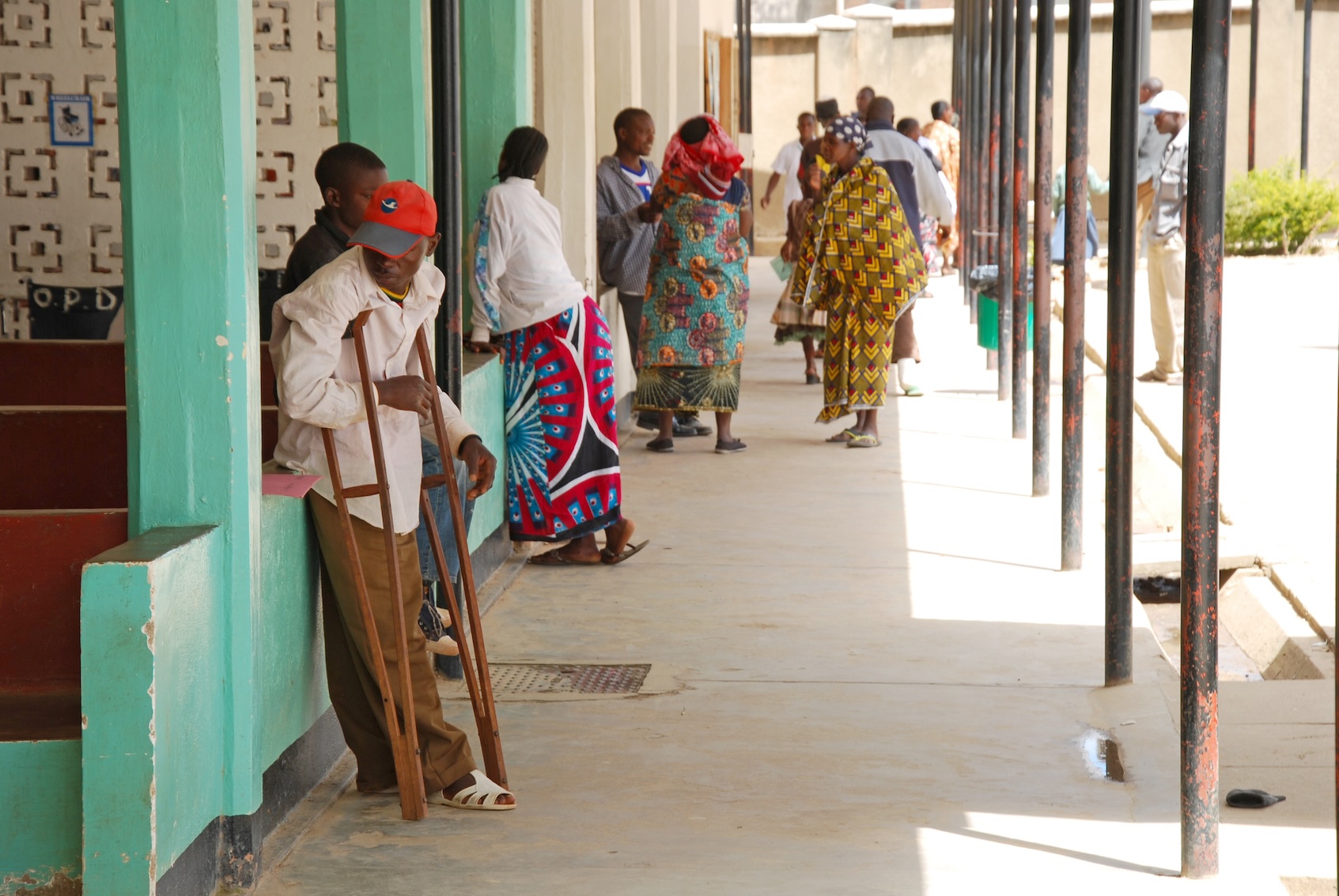Cardiovascular diseases, including arrhythmias, are a growing health concern in sub-Saharan Africa. Yet, access to advanced diagnostic tools like ambulatory rhythm monitoring remains scarce. A recent study in JACC: Clinical Electrophysiology highlights this issue and explores AI-powered solutions. The research team, including experts from UCSF, Weill Cornell Medicine, and Cardiomatics, examined arrhythmia prevalence and ways to build research capacity in the region.
Addressing a Critical Gap in Cardiovascular Care
Cardiovascular disease is rising in sub-Saharan Africa, but access to electrophysiology services remains limited. Most studies in the region rely on standard ECGs, which do not capture transient arrhythmias. This research aims to close that gap by using 24-hour ambulatory rhythm monitoring in Northwestern Tanzania.
The study emphasizes the urgent need for better access to ambulatory rhythm monitoring in sub-Saharan Africa. Despite its diagnostic value, a 24-hour analysis costs 5 to 10 times the daily wage of the average Tanzanian. As wearable devices become more available, stakeholders must ensure that AI-powered digital signal analysis reaches underserved populations.
Collaboration between clinicians, researchers, and industry is key to expanding access. Repurposing common research devices can also support electrophysiological studies in resource-limited settings.
Cardiomatics’ Role in Advancing AI-Powered ECG Analysis
Cardiomatics proudly contributes to this research, reinforcing our commitment to accessible AI-driven ECG analysis. Our collaboration with UCSF and Weill Cornell Medicine showcases AI’s potential to improve cardiovascular diagnostics worldwide.
“We are honored to collaborate with UCSF and Weill Cornell Medicine to advance research in ambulatory rhythm monitoring in sub-Saharan Africa,” said Rafal Samborski, CEO of Cardiomatics. “This partnership strengthens our commitment to AI-powered ECG analysis in regions where it is most needed.”
Looking Ahead: The Future of AI in Global Cardiology
The research team remains dedicated to improving global access to cardiovascular diagnostics. Collaboration between academia, industry, and healthcare providers will help bring digital health solutions to underserved communities.
At Cardiomatics, we believe AI-driven ECG analysis can transform healthcare. We will continue supporting initiatives that advance medical research and patient care. This study is a significant step toward equitable access to life-saving diagnostics, and we are excited for the future.

